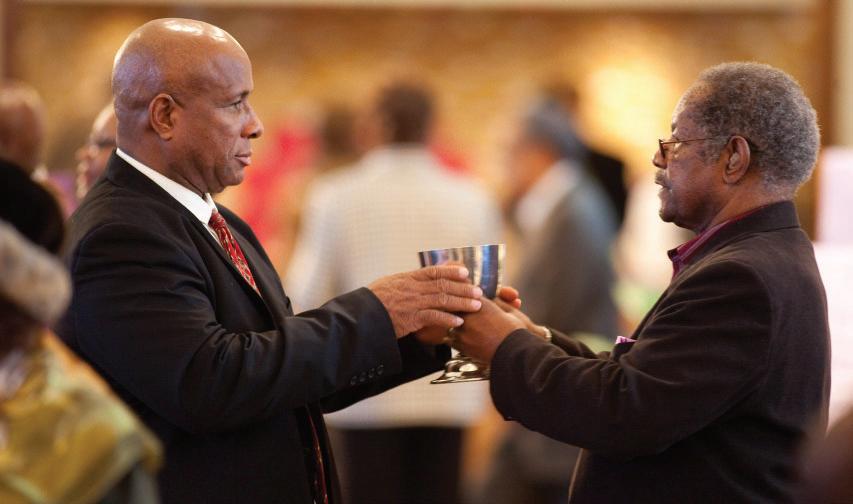
5 minute read
The Cup We Drink
When you grow up in an Italian family as I did, special meals always included wine. Wine meant celebration and gathering in friendship and intimacy. Since drinking wine was often associated with holydays such as Christmas and Easter, wine also symbolized a connection to God.
Numerous stories about vines and the wine made from them are in the Scriptures. The vineyard is a symbol of Israel, God’s Chosen People. In the New Testament, Jesus reveals himself as the true vine and his people as the branches, urging followers to remain in him and bear fruit.
Advertisement
One of the ways to remain in Jesus is to drink from the cup at Mass. At the Last Supper, Jesus took a cup, gave thanks, and offering it to the disciples, said, “Drink from it, all of you.” The offering of the Blood of Christ to communicants was continued for more than a millennium. But the Middle Ages witnessed a decline in the use of the cup. Controversies arose over whether the laity or only the priest should drink from the cup. In the sixteenth century, the Council of Trent affirmed that the cup was to be reserved for the clergy. However, the Second Vatican Council document the Constitution on the Sacred Liturgy, 55, states that Communion under both kinds may be granted to the laity at the discretion of the bishop. Not long after the Council, the instruction Eucharisticum mysterium explained: Holy Communion, considered as a sign, has a more complete form when it is received under both kinds. For under this form the sign of the Eucharistic banquet appears more perfectly. Moreover, it shows more clearly how the new and eternal Covenant is ratified in the Blood of the Lord, as it also expresses the relation of the Eucharistic banquet to the eschatological banquet in the Kingdom of the Father. (cf. Matt. 26:27–29). (32)
Some people choose only to receive the Body of Christ, and in the reception of one species, Christ is received “whole and entire” (General Instruction of the Roman Missal, 281). Drinking from the cup, though, offers “a more complete form” when received under both kinds. May our reception of the Eucharist propel us to bring Christ to others.
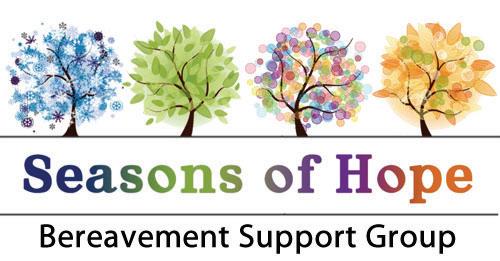
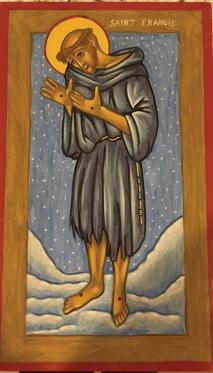

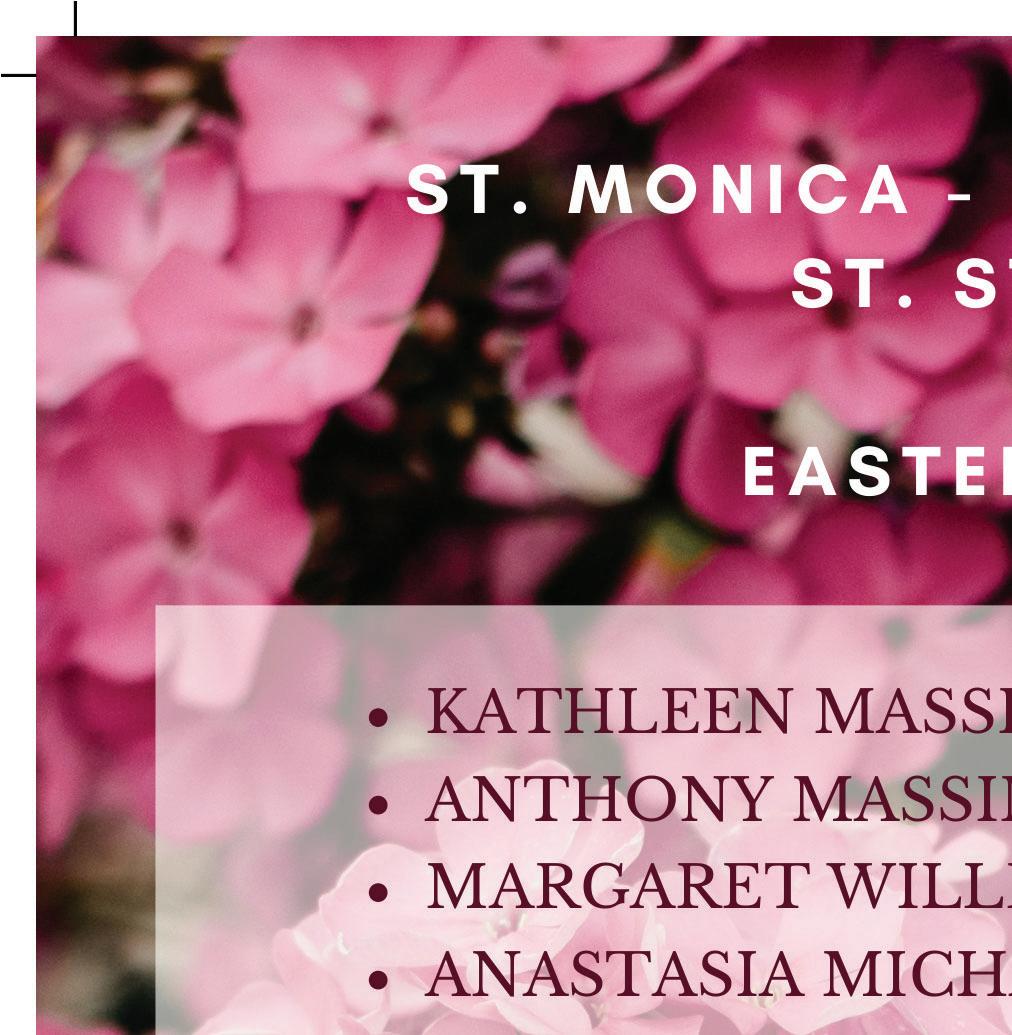
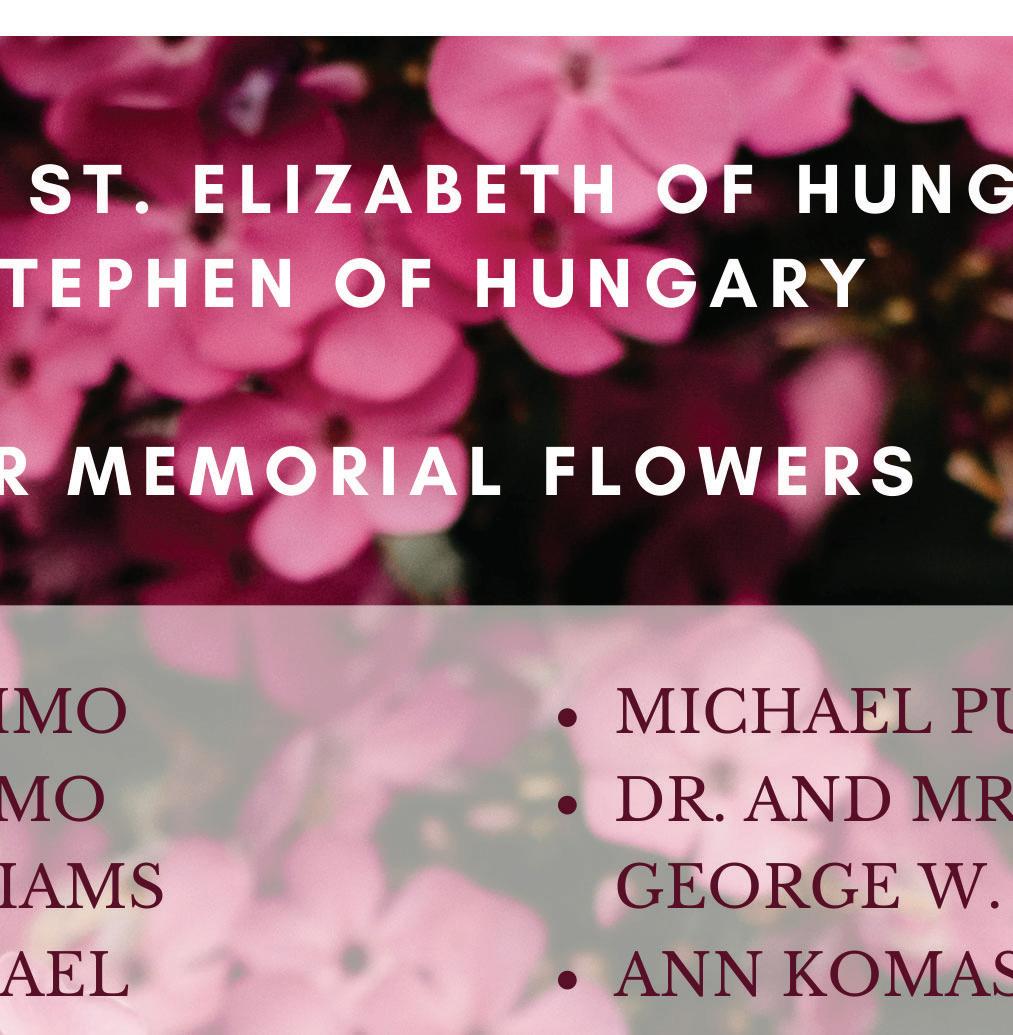
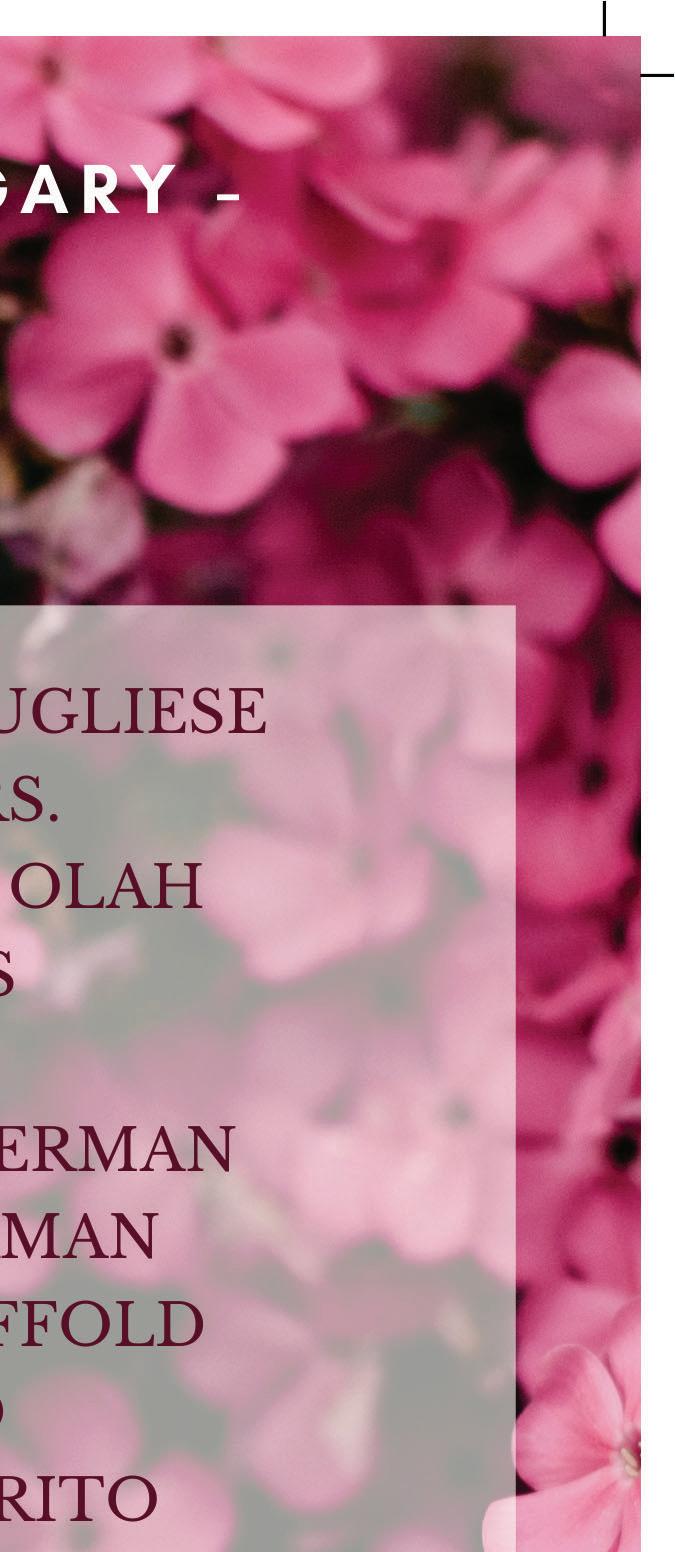
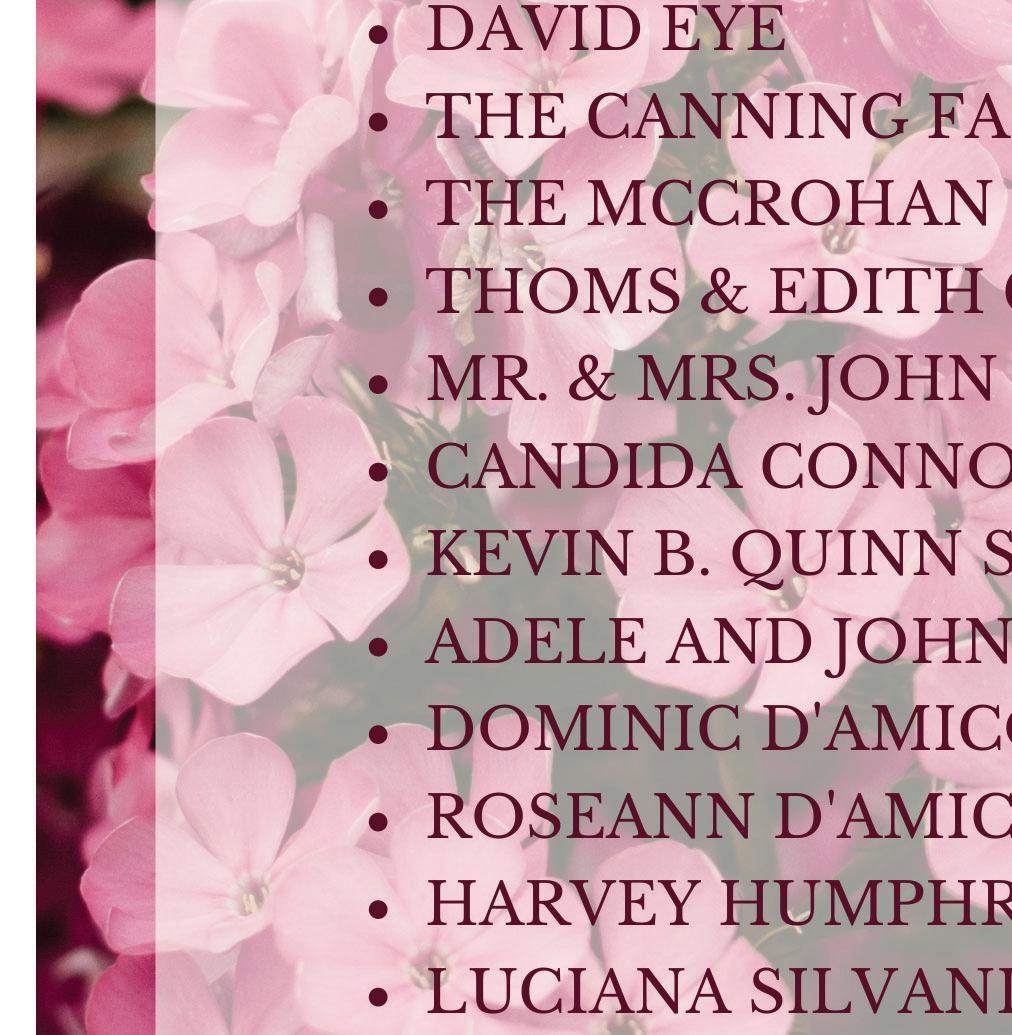
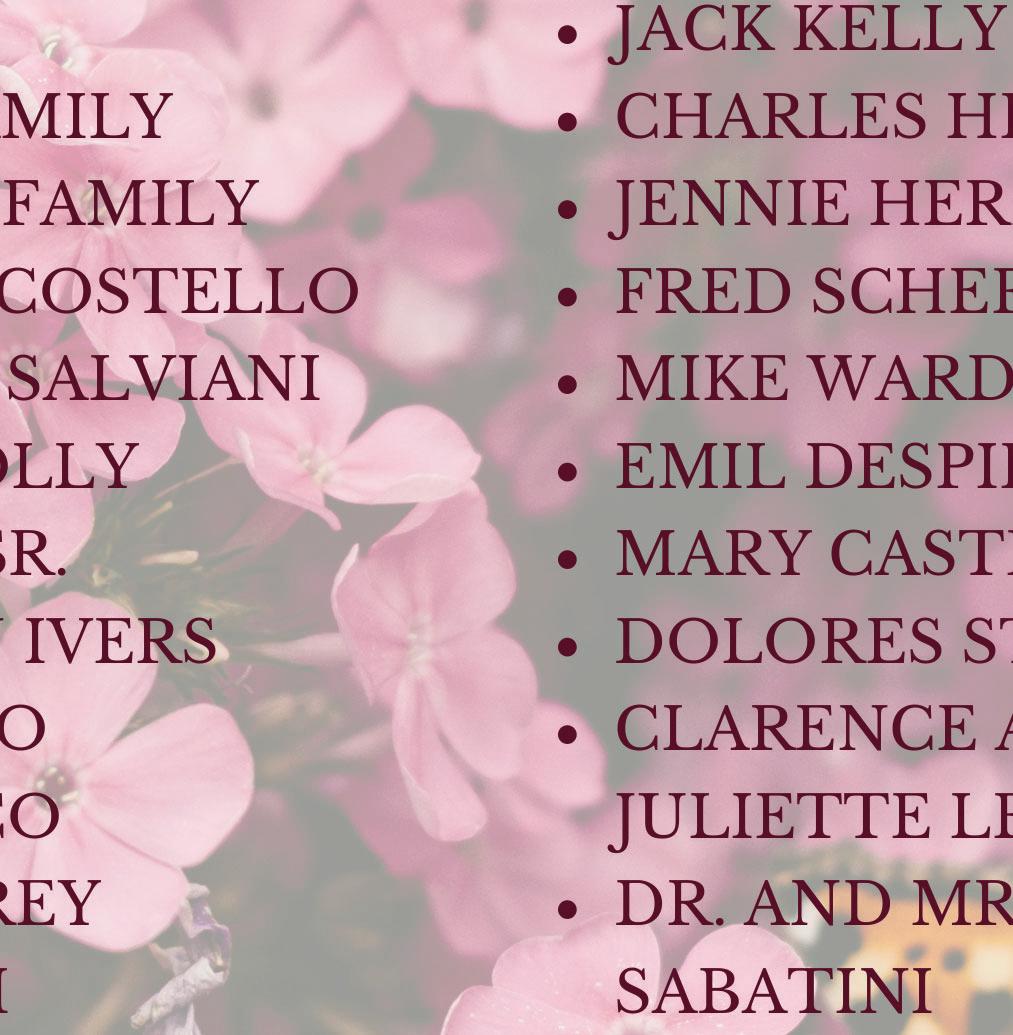
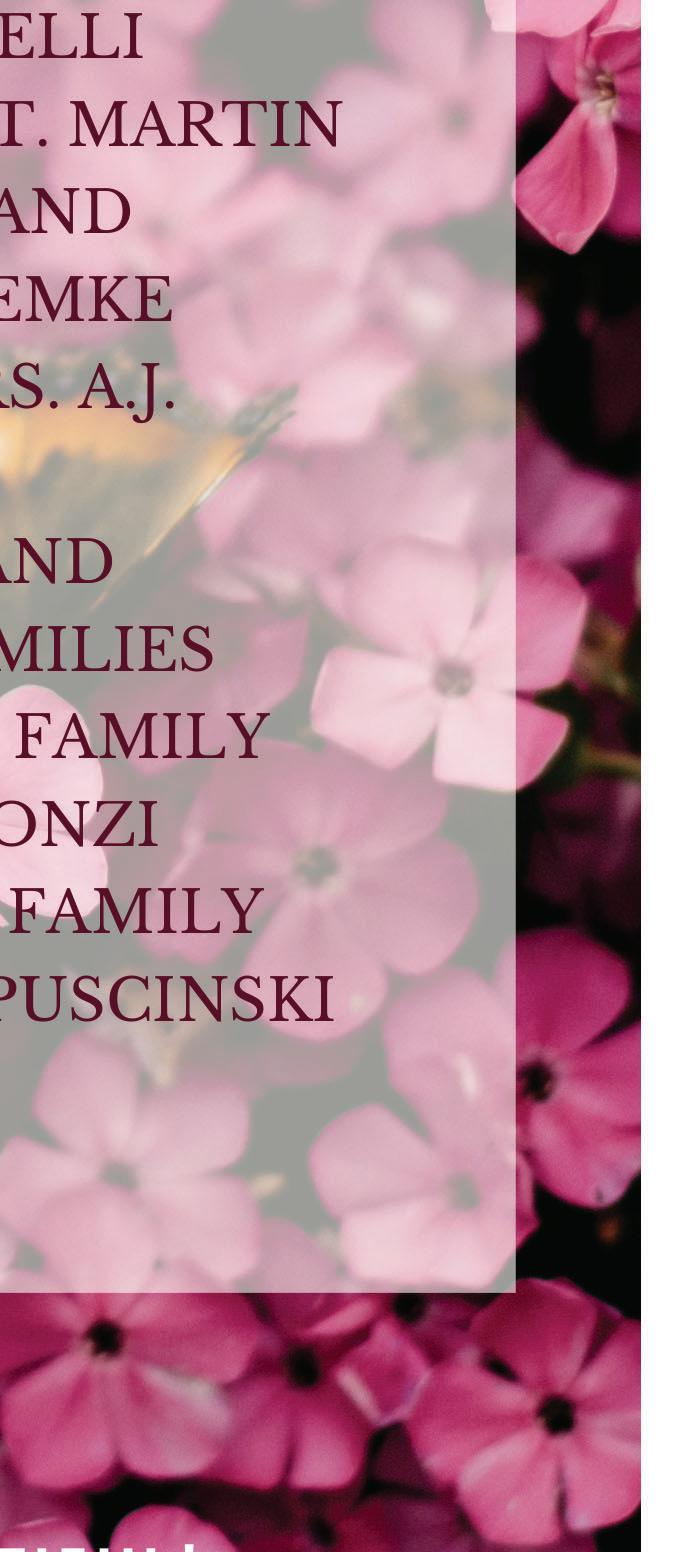
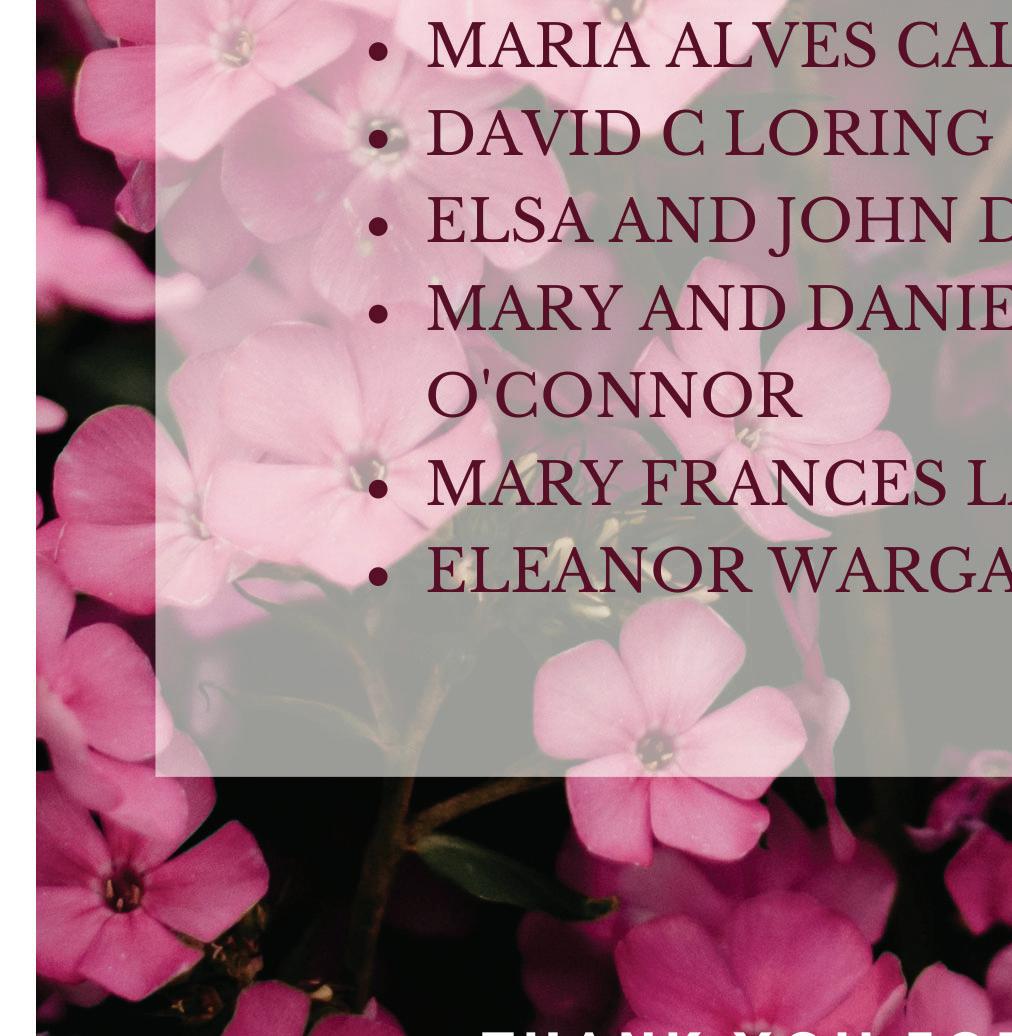
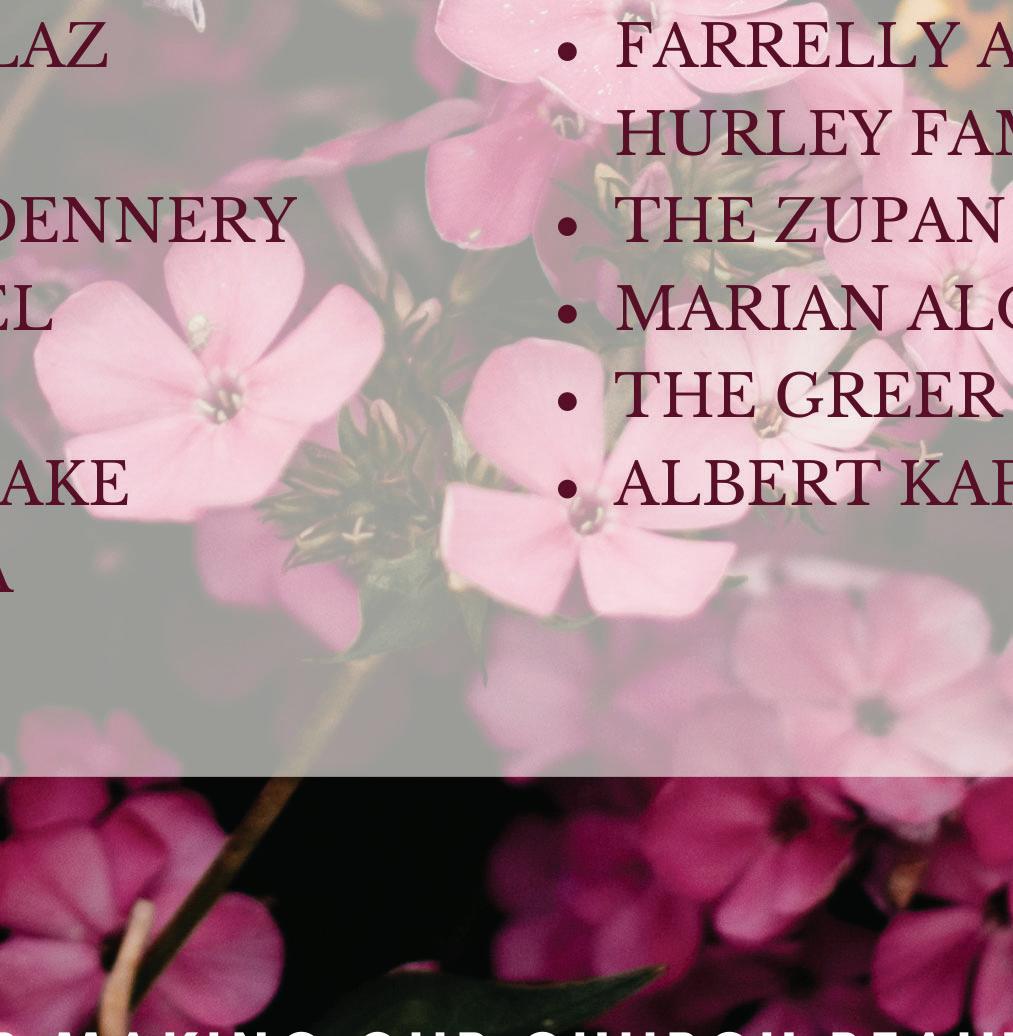

Five Minute Jesus
Using the Gospel for Prayer – Second Sunday of Easter April 16, 2023
It’s simple. 1. Read the Gospel for the following Sunday slowly, reflecting on the story it tells. 2. Reflect on the questions assigned for each day. 3. Make some resolution about how what you read can be lived that day. 4. Then thank God for speaking to you through this reflection.
Gospel John 20:19-31
On the evening of that first day of the week, when the doors were locked, where the disciples were, for fear of the Jews, Jesus came and stood in their midst and said to them, “Peace be with you.” When he had said this, he showed them his hands and his side. The disciples rejoiced when they saw the Lord. Jesus said to them again, “Peace be with you. As the Father has sent me, so I send you.” And when he had said this, he breathed on them and said to them, “Receive the Holy Spirit. Wh ose sins you forgive are forgiven them, and whose sins you retain are retained.” Thomas, called Didymus, one of the Twelve, was not with them when Jesus came. So, the other disciples said to him, “We have seen the Lord.” But he said to them, “Unless I see the mark of the nails in his hands and put my finger into the nail marks and put my hand into his side, I will not believe.” Now a week later his disciples were again inside, and Thomas was with them. Jesus came, although the doors were locked, and stood in their midst and said, “Peace be with you.” Then he said to Thomas, “Put your finger here and see my hands, and bring your hand and put it into my side, and do not be unbelieving, but believe.” Thomas answered and said to him, “My Lord and my God!” Jesus said to him, “Have you come to believe because you have seen me? Blessed are those wh o have not seen and have believed.” Now, Jesus did many other signs in the presence of his disciples that are not written in this book. But these are written that you may come to believe that Jesus is the Christ, the Son of God, and that through this belief you may have life in his name.
Monday April 10th
Was there something in this reading that spoke to me? Comforted me? Challenged me? What was it? Why did it have this effect on me?
Tuesday April 11th
The disciples were in hiding, for fear of “the Jews”. Language like this is everywhere in the Gospel of John. What were they afraid of? It wasn’t that they were Jewish: so were Jesus’ disciples. In this we see reflected the experience of the first generations of Christians, who were still a part of Judaism. They were rejected and persecuted for their belief in Jesus as God’s chosen one. Have I ever been persecuted for being a person of faith? If so, how did I react? If not, why haven’t I been?
Wednesday April 12th
Clearly something has changed. Now not even locked doors can stop the risen Jesus. This is the Gospel writer’s way of saying something about the resurrection: that the resurrected body is different. It is not like our current body. This was important for the first Christians, because they understood Jesus’ resurrection as the promise that one day we will be resurrected. How important is that belief to us as Christians? Why is belief in the resurrection important to me?
Thursday April 13th
In John’s Gospel, “Pentecost”; i.e., the coming of Spirit, happens on Easter Sunday. The coming of the Spirit is linked with forgiveness. For John the spirit gives the community the power to forgive sins! In this John says something about the Christian community being the presence of God in the lives of its members. How important is the parish community for my faith life? Do I think it is unimportant to be part of a community? If so, why? If not, then why not?
Friday April 14th
In this Gospel Thomas makes his famous appearance. He is popularly called “doubting” Thomas, but here in the Gospel he is given another moniker: “Didymus” which means “twin”. Yet there is no indication who the other “twin” was. That has led to two 2,000 years of speculation. Is it you? Is it me? If so, how do we look like Thomas?
Saturday April 15th
The end of this Gospel reads like the end of the book. And here, John seems to be revealing his understanding of the purpose of the Gospel; it is written so that we might come to believe that Jesus is the Christ (that is the Messiah, God’s chosen one) and so that through this belief we might have life “in his name”. Every religion is about “having life” – but in this case it is life through faith in who Jesus is. Does this speak to my faith? Who do I believe Jesus is? What effect does this have on my life?

